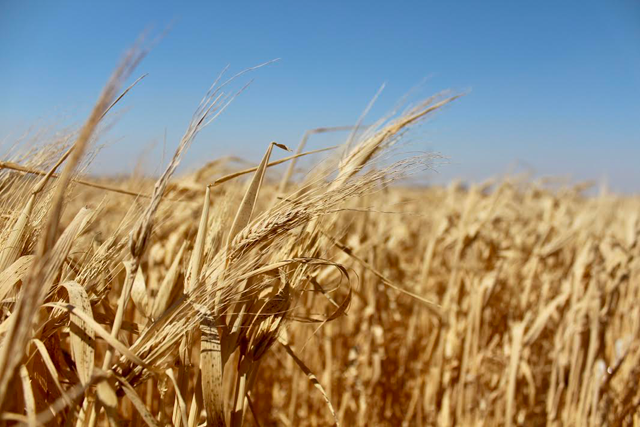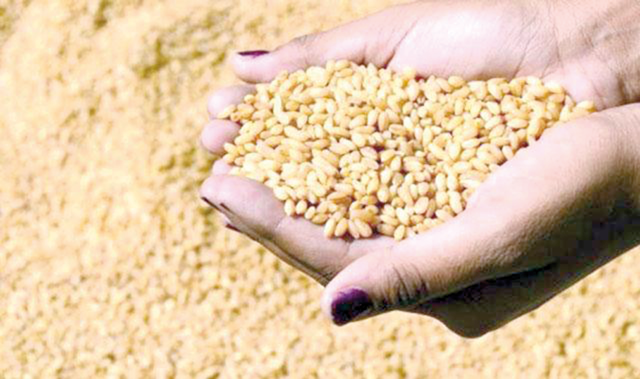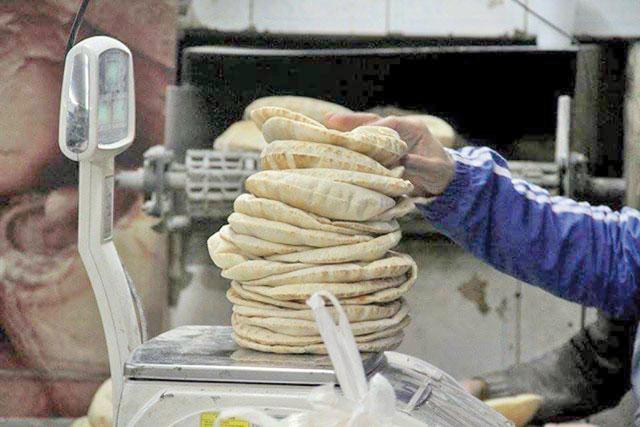You are here
Jordan ‘unaffected’ by Russia pulling out of grain deal — economists
By Rana Tayseer - Jul 20,2023 - Last updated at Jul 20,2023

Wheat field in northern Jordan (Photo by Taija PerryCook)
AMMAN — Economists on Wednesday said that Jordan will not be affected by Russia’s suspension of its participation in the grain agreement because of the Kingdom’s sizeable strategic grain stock.
Russia recently announced that it would not extend the agreement to allow exports of Ukrainian grain across the Black Sea. The agreement, reached last year, stipulated that a Russian fleet would open a humanitarian sea corridor for grain transport, provided that Russian grain and fertilisers were allowed access to global markets.
“Russia’s withdrawal from the agreement to supply grain and some commodities will have a negative impact in the long run in terms of rising prices,” economist Wajdi Makhamreh told The Jordan Times on Wednesday.
Jordan’s reserve wheat stock is sufficient for the country to remain unaffected by the move in the short term, he noted.
If the crisis is prolonged, however, the experts warned that Jordan could be affected by a resulting increase in global grain prices, which will in turn increase the cost of the Kingdom’s grain imports. More expensive grain imports translate into an increase in the prices of some local commodities, Makhamreh said.
According to financial data from Bloomberg, the prices of wheat are expected to increase 3.82 per cent in September.
In order to avoid food insecurity, His Majesty King Abdullah directed the relevant officials to pre-emptively increase Jordan’s grain stocks, and accelerate relevant initiatives within the Economic Modernisation Vision.
Economist Husam Ayesh also noted that Jordan will not be directly affected as a result of Russia’s decision due to the strength of the strategic grain stock, which he noted is sufficient for approximately one year.
Ayesh added that Jordan obtains most of its grain from Romania.
In the long term, and especially in the event that no agreement is reached between the parties to the grain treaty, “we will suffer harm because grain prices will rise, and when we return to purchase from the global market to compensate for the stocks that are consumed locally, we will see this rise reflected in the import bill, meaning higher local prices of grain,” Ayesh told The Jordan Times.
Spokesperson for the Ministry of Industry, Trade and Supply, Yanal Al Barmawi, confirmed via a statement that Jordan’s strategic stocks of wheat and barley stored in warehouses are sufficient for about 12 months.
Jordan imports 90 per cent of its grain from Romania, with the remaining 10 per cent spread among a variety of sources, Barmawi said.
The government has allocated JD277 million from the 2023 general budget for wheat, barley and fodder subsidies, according to the spokesperson.
Related Articles
AMMAN — Russia’s decision to pull out of the Black Sea grain agreement combined with the global energy crisis will lead to a hike in grain p
AMMAN — The Kingdom’s wheat storage is sufficient for 14 months, the government said on Wednesday, amid concerns of supply cut-offs as a res
AMMAN — The tense situation between Russia and Ukraine, “even in the event of a war between the countries, will not affect Jordan's fo


















